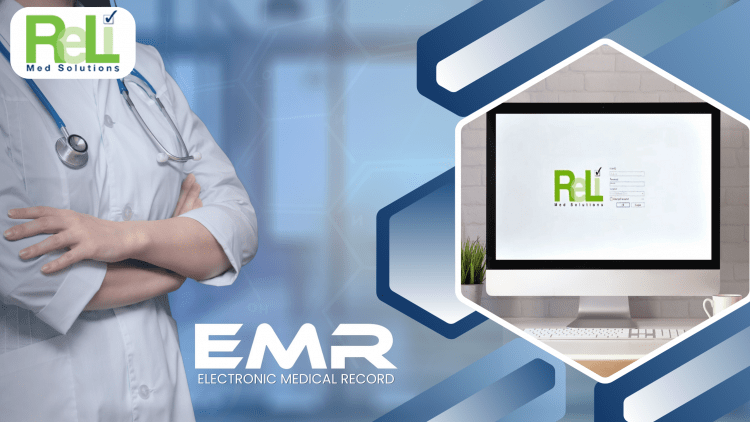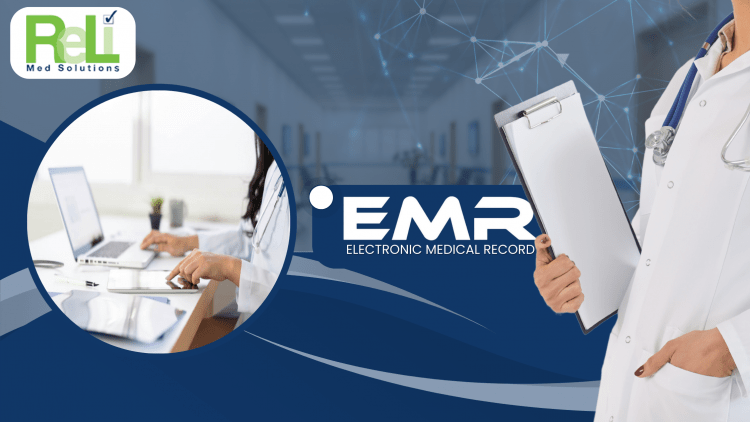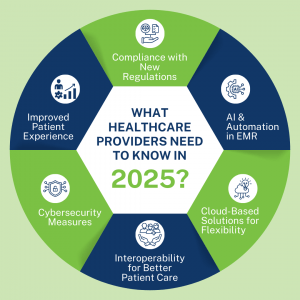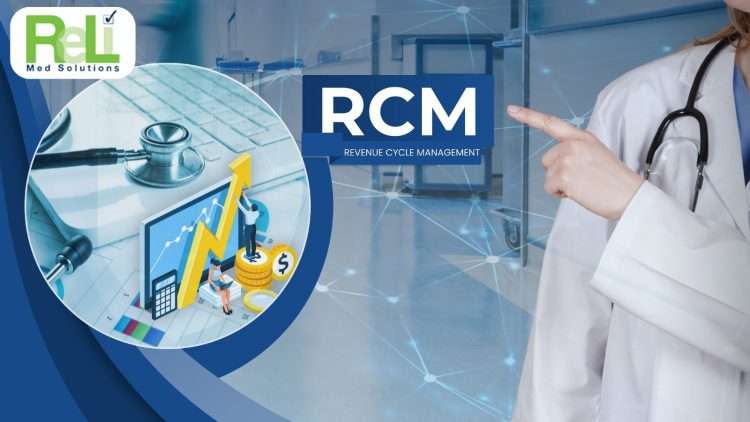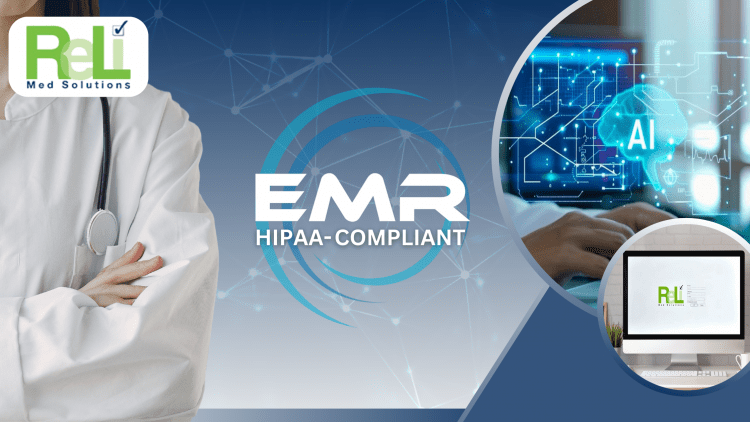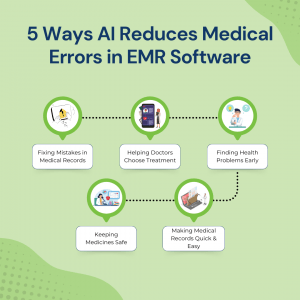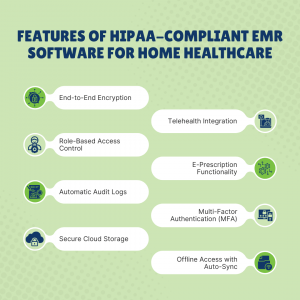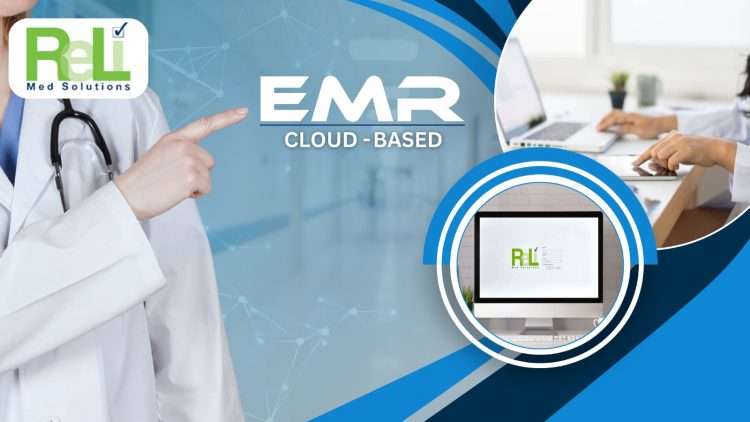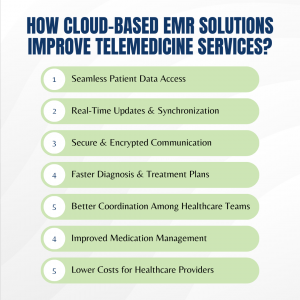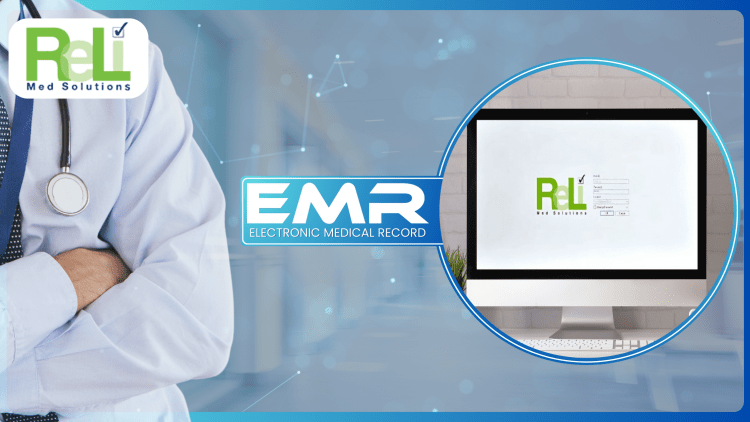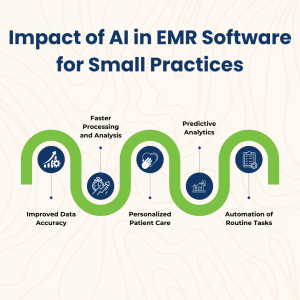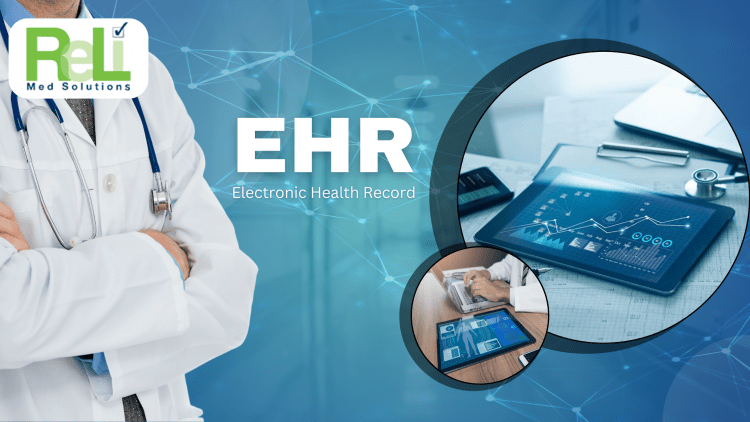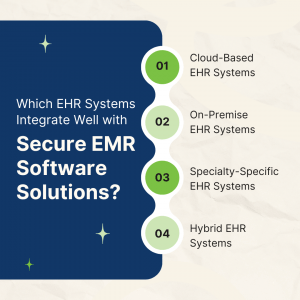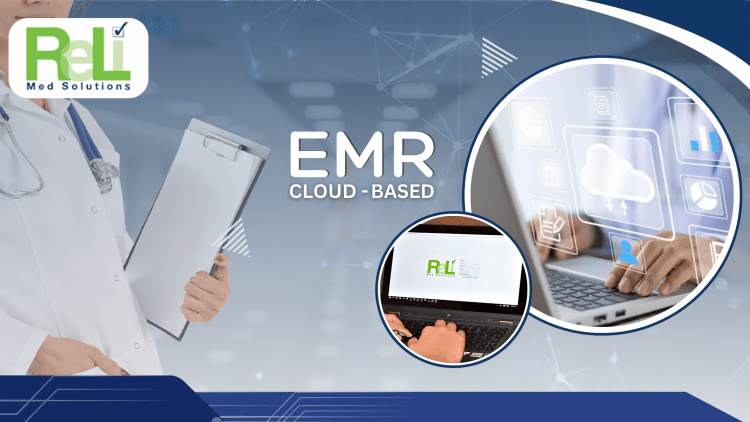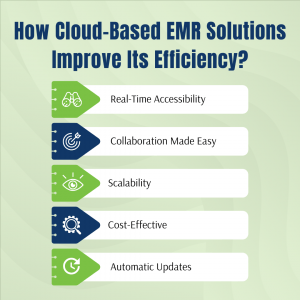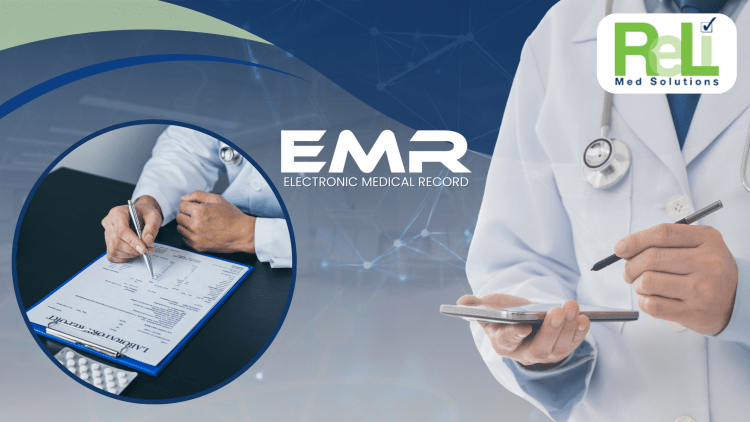The Future of Healthcare Payments: Role of Top Medical Billing Services
Health care payments are becoming more difficult because medical costs are rising and insurance policies keep changing. Patients, health care workers, and insurance companies need a system that makes medical billing simple, fast, and safe. But handling payments is not easy because of many rules, paperwork, and errors. Because of that, Top Medical Billing Services are very vital. They help doctors and hospitals get paid on time and avoid making billing mistakes. As digital tech grows, the way health care payments work is changing. If health care workers don’t keep up, they might have payment delays and money problems. That’s why using modern billing solutions is very important.
The Role of Top Medical Billing Services
Medical Billing Services connect health care workers with insurance companies. Without these services, hospitals and clinics struggle with late payments, wrong claims, and financial problems. If billing takes too long or has mistakes, doctors and hospitals may not receive proper payments. Because of that, many hospitals and clinics hire billing experts to handle claims, payments, and policy approvals quickly and correctly. These services complete the billing process, from signing up patients to collecting payments. They check insurance, send claims, and follow up on unpaid bills. If a claim gets denied, they fix it and resend it. This helps doctors focus on patients instead of billing.
Medical Billing Services also help workers follow HIPAA rules. Billing codes change often, and using the wrong code causes rejections. Billing experts track new rules to prevent this, so workers receive payments faster and avoid money issues.
How These Services Are Shaping the Future?
Top Medical Billing Services are improving health care payments with tech and automation. Also, it is making things better:
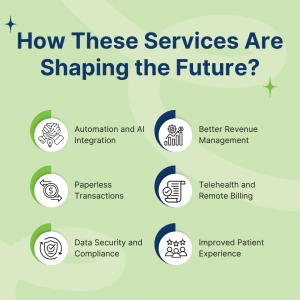
- Automation and AI Integration: Many companies use AI and automation to handle claims faster and make fewer mistakes. This helps doctors get paid on time.
- Paperless Transactions: Digital billing replaces paper records, making payments easier. It helps reduce mistakes and keeps records safe.
- Data Security and Compliance: Cyber threats are increasing, but strong security systems protect medical records and follow the rules.
- Better Revenue Management: Automated systems help workers manage money better. So, they can plan finances more easily.
- Telehealth and Remote Billing: Medical Billing Services now handle payments for online doctor visits and remote care.
- Improved Patient Experience: Simple bills and clear prices help patients know costs, so they trust health care workers more.
Emerging Trends in Health care Payment Systems
The health care industry is changing because of tech and patient needs. One big change is value-based payments. Instead of paying health care workers for each service, this method rewards them for giving better care. Because of that, RCM is now very important for handling payments and billing properly. More patients now prefer digital wallets and mobile payments. They want to pay health care bills just like they pay for shopping online. So, hospitals now offer safe digital payment options to make transactions easy.
Also, predictive analytics is helping health care workers manage money better. By checking past payments, they can find delays and fix them before they cause problems. Because of that, RCM is improving, and hospitals are keeping their money safe.
The Impact of Tech on Health care Payments
Tech is making health care payments easy and correct. If workers use old billing systems, they may have problems and delays. New tools like AI, machine learning, and EMR Software Features make medical billing faster. AI systems find billing mistakes and stop claim rejections early. Because of that, policy companies approve payments fast. Cloud-based billing helps hospitals save billing records online. So, doctors can see them anytime. Top Medical Billing Services use strong security to keep patient data safe and help health care workers follow rules.
ReLi Med Solutions: Making Health care Payments Simple and Fast
ReLi Med Solutions makes health care payments easy, fast, and correct. With our Top Medical Billing Services, we help health care workers get paid on time, fix mistakes, and manage money better. We use AI, EMR software, and cloud systems to keep billing simple and safe. Because of this, hospitals and clinics can focus on helping patients while we take care of billing. With ReLi Med Solutions, the future of health care payments is digital, safe, and easy, making payments simple for everyone.
Conclusion
Paying for health care is changing because of new tech, automation, and simple billing systems. Top Medical Billing Services help hospitals and clinics get paid faster, make less mistakes, and manage money. More health care workers now use digital billing, making it quick and easy for patients to pay. Hospitals and clinics that improve their billing systems will get paid on time and keep patients happy. Because of this, using Medical Billing Services is very vital now.
In the future, billing services will get better with AI, EMR software, and cloud systems to make payments easier. Health care workers must learn to use these new tools. The future of health care payments will be digital, safe, and simple, making things easier for everyone.

